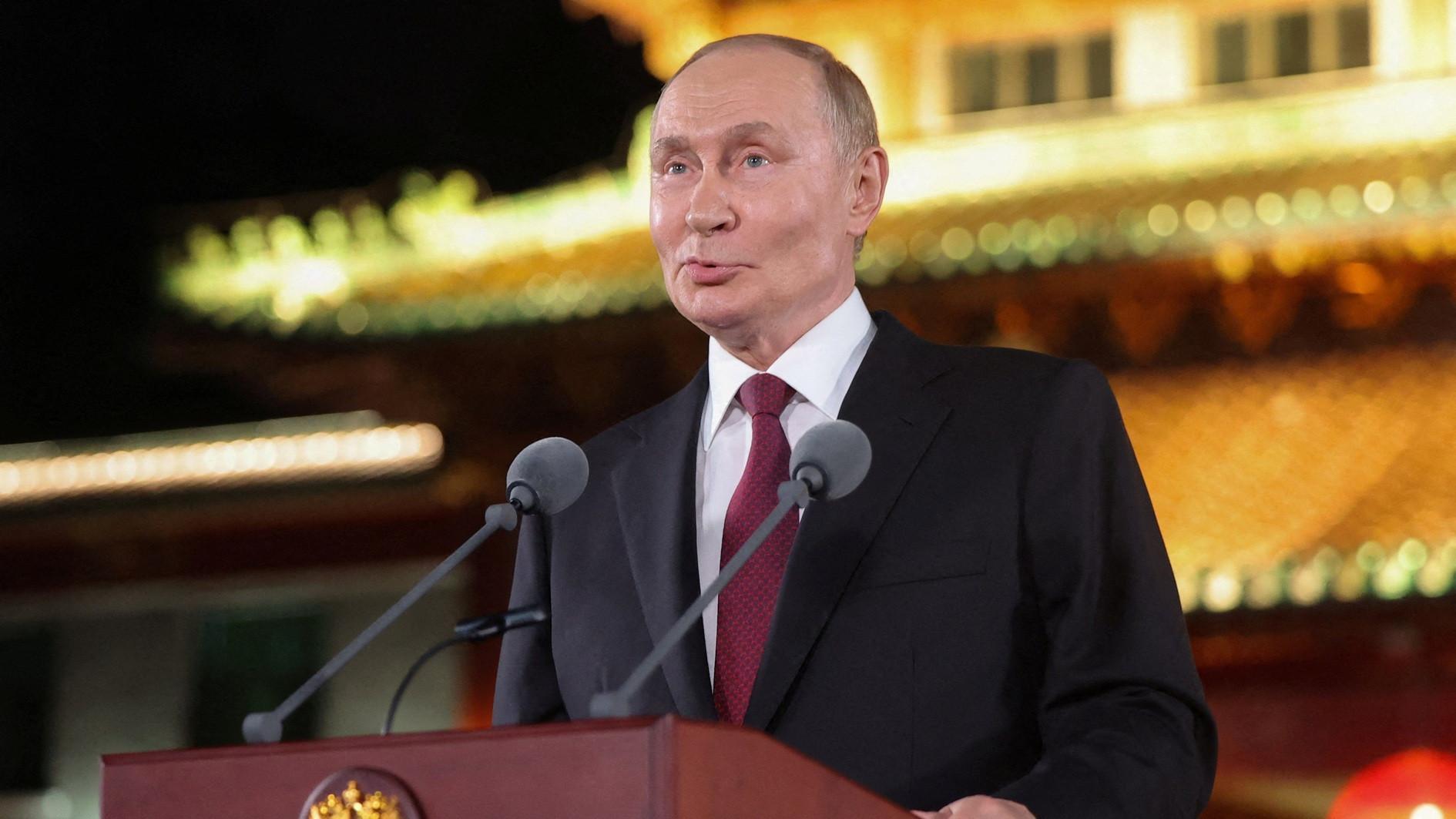Central Bank rolls interest rate dice
Hurriyet Daily News with wires

refid:11052257 ilişkili resim dosyası
The Turkish Central Bank showed it is determined to lower interest rates as much as possible to stimulate the slowing economy, as it reduced its benchmark interest rate by 1.5 percentage points late Thursday.The decision by the Bank’s Monetary Policy Committee, or MPC, was three times more than many economists expected and reduced the overnight borrowing rate to the lowest level since 2002.
The Bank had been forecast to cut the rate by half a point, according to the median estimate of 23 economists surveyed by Bloomberg. Minutes of the MPC meeting will be released within eight working days.
The Bank has lopped 5.25 percentage points from the benchmark rate in four consecutive reductions, joining authorities globally in slashing the cost of borrowing as the global credit crisis plunges industrial economies into recession.
Industrial production declined an annual 17.6 percent in December, the most since records began in 1986.
"They have done the right thing because there’s nothing to drive inflation: external demand doesn’t exist and domestic demand doesn’t exist at all," Bloomberg quoted Tevfik Aksoy, chief economist at Morgan Stanley in Istanbul, as saying. "The pace may slow down now, I think the front-loading is almost done."
Climbing dollar
The first effect of the rate cut was seen Friday morning, as the U.S. dollar climbed to above 1.7 Turkish Liras, surpassing 1.71 at one point. To prevent the depreciation of the lira, which has plummeted 30 percent year-on-year, the Bank extended the term over which banks can borrow foreign currency to three months from one month. It also lowered the rate it charges on dollar borrowing to 5.5 percent from 7 percent and the rate on euros to 6.5 percent from 9 percent.
The global economic slowdown, combined with falling oil prices, will lower the inflation rate faster in the coming months and there’s a strong chance the rate will end the year below a target of 7.5 percent, the Bank said in a statement accompanying Thursday’s decision. Possible further rate cuts will depend on news that changes the inflation outlook, it said.
Inflation eased in January to 9.5 percent, its slowest in 10 months. The bank argued in its Jan. 26 report on inflation that falling demand will reduce the inflationary impact of the 25 percent fall in the value of the lira against the dollar since October because importers will find it hard to raise prices.
Taking a gamble
"The bank is looking at growth," said Pınar Uslu, economist at ING Bank in Istanbul, speaking to Bloomberg before the decision was announced. "It is not so worried about the impact of the foreign-exchange rate on inflation."
"This is probably the lowest interest rate environment Turkey ever witnessed. The main risk is to the lira," Reuters quoted analysts at Tera Brokers as saying in a research note. "All in all, we believe this is a risky move and will lead to more lira depreciation especially in the absence of an International Monetary Fund deal... we believe lira depreciation concerns will override the benefit of lower rates in the short term since most companies have net FX short positions in their balance sheets."
"The MPC is clearly taking something of a gamble," Timothy Ash of the Royal Bank of Scotland said in a note to investors Friday, calling the rate cut as "bunker busting."
"Turkey's fiscal position appears increasingly strained, and the question remains whether it can survive without a major blow-out, beyond local elections, and without signing up beforehand to a new IMF financing facility," Ash said. "The Central Bank appears to have joined the government in taking a gamble. They clearly feel that the need to give a lifeline to real economy makes the gamble with monetary policy worth the risk."
Analysts urge caution
The Bank is "staying at the right side of the road," by putting forward the concerns over growth, analysts at İş Investment said. Still, Turkey being vulnerable to external shocks and its current risk premium should force the Central Bank to continue in a "more measured way," they said. "Inflation targeting is not everything. A monetary policy not supported by fiscal policy is doomed to failure," the İş Investment bulletin said. "At the moment, we do not see such a fiscal policy that supports the Central Bank move É We expect the debt rollover rate by the real sector to retreat and thus, [Central Bank] reserves to erode considerably. This will make Turkey vulnerable to external shocks. By raising its fist too high, the Central Bank has dropped its guard."
Goldman Sachs economists said they expect the benchmark rate to be pulled to as low as 10 percent until the middle of the year. Goldman Sachs predicted the dollar will trade at 1.75 liras in three months.
Meanwhile, Turkish stocks lost considerable value yesterday, as the benchmark IMKB-100 index of the Istanbul Stock Exchange declined to 23,579, losing 860 points, or 3.5 percent compared to Thursday’s close. The index has lost 12.7 percent since the start of the year. Friday’s decline owed much to rumors that Citigroup may be nationalized by the U.S. federal government. The rumor hit shares of Akbank, in which Citi has a 20 percent stake, as Akbank shares fell 6.6 percent.The U.S. dollar was trading at around 1.7080 liras at 5:10 p.m. on Friday, having increased 4.4 percent since Feb. 11.
















